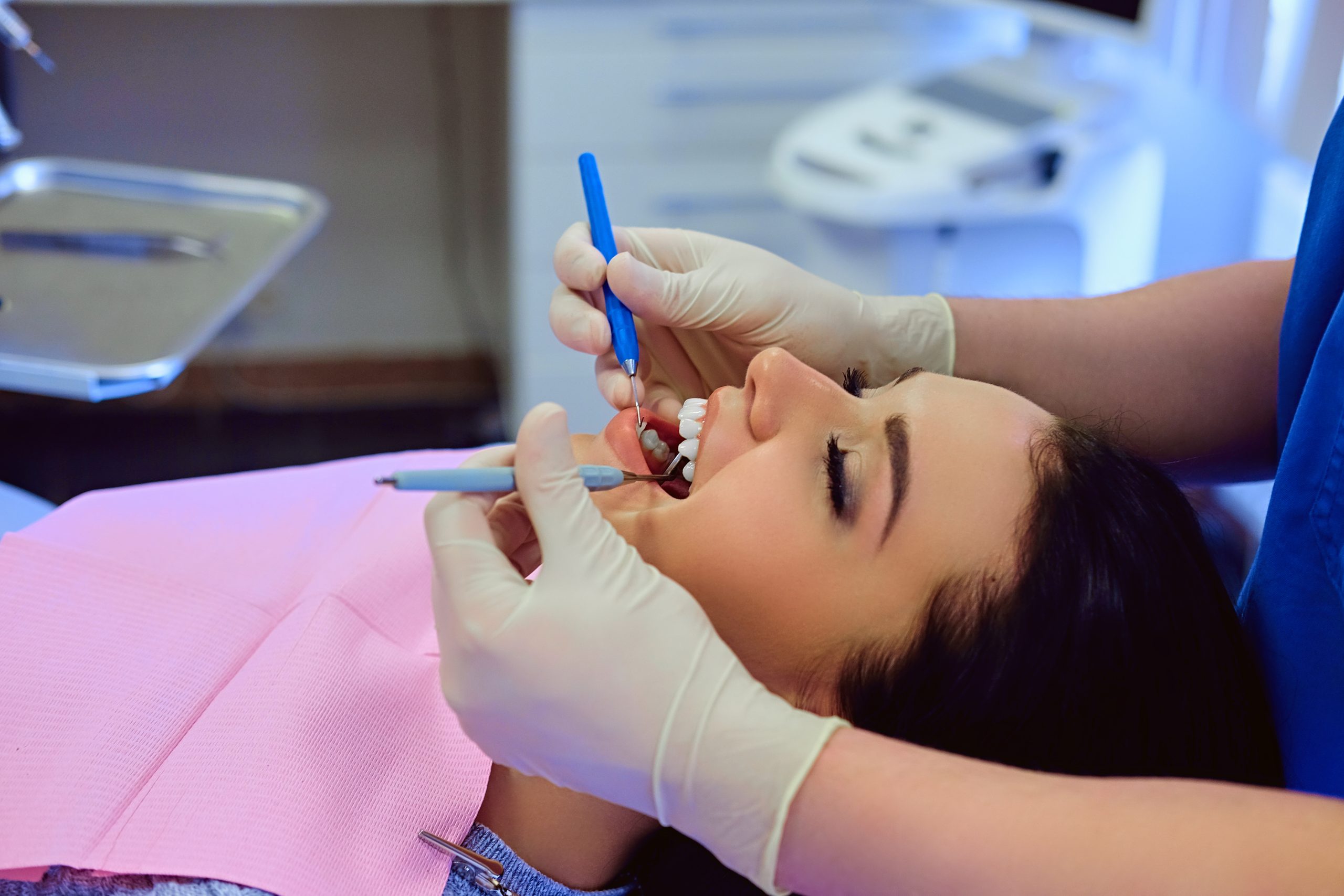Procedures
Facial Trauma


Facial Trauma

During The Procedure
Your dentist or oral surgeon will use one of 3 types of anesthesia depending on the complexity of surgery and your comfort level: local anesthesia, sedation anesthesia, or general anesthesia. With all three types of anesthesia, you shouldn’t experience any pain. You’ll be awake with local anesthesia, have suppressed consciousness with sedation anesthesia, and will lose consciousness with general anesthesia.
During the procedure, your dentist or oral surgeon will do the following:
- Make an incision in the gum tissue to expose the tooth & bone
- Divide the tooth into smaller sections for easier removal (if necessary)
- Remove your wisdom teeth
- Thoroughly clean the tooth extraction site
- Stitch the wound closed to promote healing
- Place gauze over the extraction site to help control bleeding


Wisdom Tooth Removal FAQ
Wisdom teeth are the back-most teeth in the upper and lower mouth. They are also called the third molars. They are the last teeth to develop, usually between the ages of 17 and 25.
About 35% of people are born without wisdom teeth. Humans no longer need wisdom teeth for survival.
Many people do not have enough room in their mouths to accommodate their third set of molars. Consequently, these teeth are unable to fully emerge from the bone and/or gums – hence the term “impacted” wisdom teeth.
Nine out of 10 people have at least one impacted wisdom tooth. Poorly positioned or impacted wisdom teeth can lead to a variety of problems:
- Infection
- Damage to adjacent teeth
- Dental decay
- Periodontal “gum” disease
- Receding gums
- Loose teeth
- Bone loss
- Tooth loss
- Cysts and tumours
Sometimes, the tissue surrounding an impacted tooth can form a cyst. These cysts can grow and damage adjacent bony and dental structures.
Early removal of wisdom teeth is recommended to minimize the likelihood of these problems developing.
Wisdom teeth are located in the back of the mouth. This makes them difficult to keep clean. The bacteria that cause gum disease may grow there and lead to problems before you experience any symptoms.
Research suggests that the bacteria may also travel through your bloodstream. This can cause problems such as diabetes, heart disease, and kidney disease. Gum disease in expectant mothers can be associated with pre-term and low-birthweight babies.
It is also easier to remove a young adult’s wisdom teeth. This is because the roots are not yet mature. The surgery will be less complicated and the healing process will be faster.
The American Association of Oral & Maxillofacial Surgeons (AAOMS) strongly recommends that third molars be evaluated by an OMFS by the time a patient is a young adult.
Consultation
We will perform a clinical exam and also look at your x-rays. This will allow us to provide a diagnosis and recommend appropriate treatment options.
Out-Patient Surgery
Most wisdom teeth extractions are day-surgery procedures.
In many cases, we may be able to schedule your wisdom tooth removal immediately following your consultation.
Anaesthesia
We will determine the best anaesthesia option for you. Wisdom tooth removal is usually done under local anesthetic and IV sedation or general anaesthesia. Our Oral & Maxillofacial Surgeons are fully trained and licensed in anesthesiology.
Recovery
We will provide you with a prescription for pain medication, antibiotics if determined necessary by your surgeon, and detailed post-surgical instructions.
On average, our surgeons remove over 5,000 sets of wisdom teeth annually. It is one of the most common procedures we perform. As a result, we are able to offer this service with a high level of efficiency and with minimal complications.
It is usually your dentist who will tell you if your wisdom teeth need removal after evaluation. That being said, sometimes between dental visits or after an extended period of not visiting the dentist there are signs that you may be a candidate for wisdom teeth removal. The following symptoms could be signs you need wisdom teeth removal:
- Swelling around wisdom tooth or wisdom teeth
- Red, irritated gum around wisdom teeth
- Pain and/or Sensitivity in the back of your mouth
- Swollen lymph nodes under the chin
- Stiffness & pain in jaw
- Damage to nearby teeth
- Cysts or tumours near wisdom tooth / teeth
Read more about if you need your wisdom teeth removed.
If you are experiencing some or all of these symptoms, contact us today.
While referrals from dentists are welcome, they are not necessary for wisdom teeth removal. Many dentists refer their patients to Argyle as we are Ottawa’s leading wisdom tooth removal experts. If you have been referred to us by your dentist, we are happy to help.
If you do not have a referral, that’s no problem. Referrals are not necessary for wisdom tooth removal. Many patients come to us through word of mouth among friends or family who have been at Argyle for wisdom tooth removal in Ottawa. Simply contact us today to schedule an appointment for your initial wisdom tooth removal consultation. This first visit will determine whether you require wisdom teeth removal. If your wisdom teeth need to be removed, we will arrange your next appointment for wisdom tooth extraction at Argyle Associates.
Read more about if you need a referral for wisdom teeth removal.
Wisdom teeth are third molars at the back of your mouth, and they are the last teeth to erupt. Impacted wisdom teeth do not have enough room to develop or emerge normally, potentially causing complications or issues that can worsen if left unchecked. Impacted wisdom teeth occur because your jaw doesn’t have enough space for the teeth, or the tooth grows at the wrong angle. Some people with impacted wisdom teeth don’t notice anything, while others experience quite uncomfortable symptoms such as pain and swelling in the jaw, red, swollen or bleeding gums, bad breath or issues opening the mouth.
If you suspect you have impacted wisdom teeth, contact us today to schedule an appointment. We are Ottawa’s leading wisdom teeth removal experts.
Sometimes wisdom teeth have all the room they need to erupt healthily, without causing any problems. In these cases your dentist might recommend that you keep your healthy third molars. It is important to note that while you might not feel like anything is wrong with your wisdom teeth, your dentist might recommend wisdom teeth removal. Make sure you schedule routine visits with your dentist to ensure you don’t run into any issues with your wisdom teeth – or with your overall oral health.
There isn’t just one answer to this question. The cost of wisdom teeth removal can vary from person to person, depending on a number of factors such as:
- The number of wisdom teeth in the patients mouth
- The position of the wisdom teeth
- The type of anesthesia selected
For a more in-depth breakdown about how much it will cost to get your wisdom teeth removed, click here.

